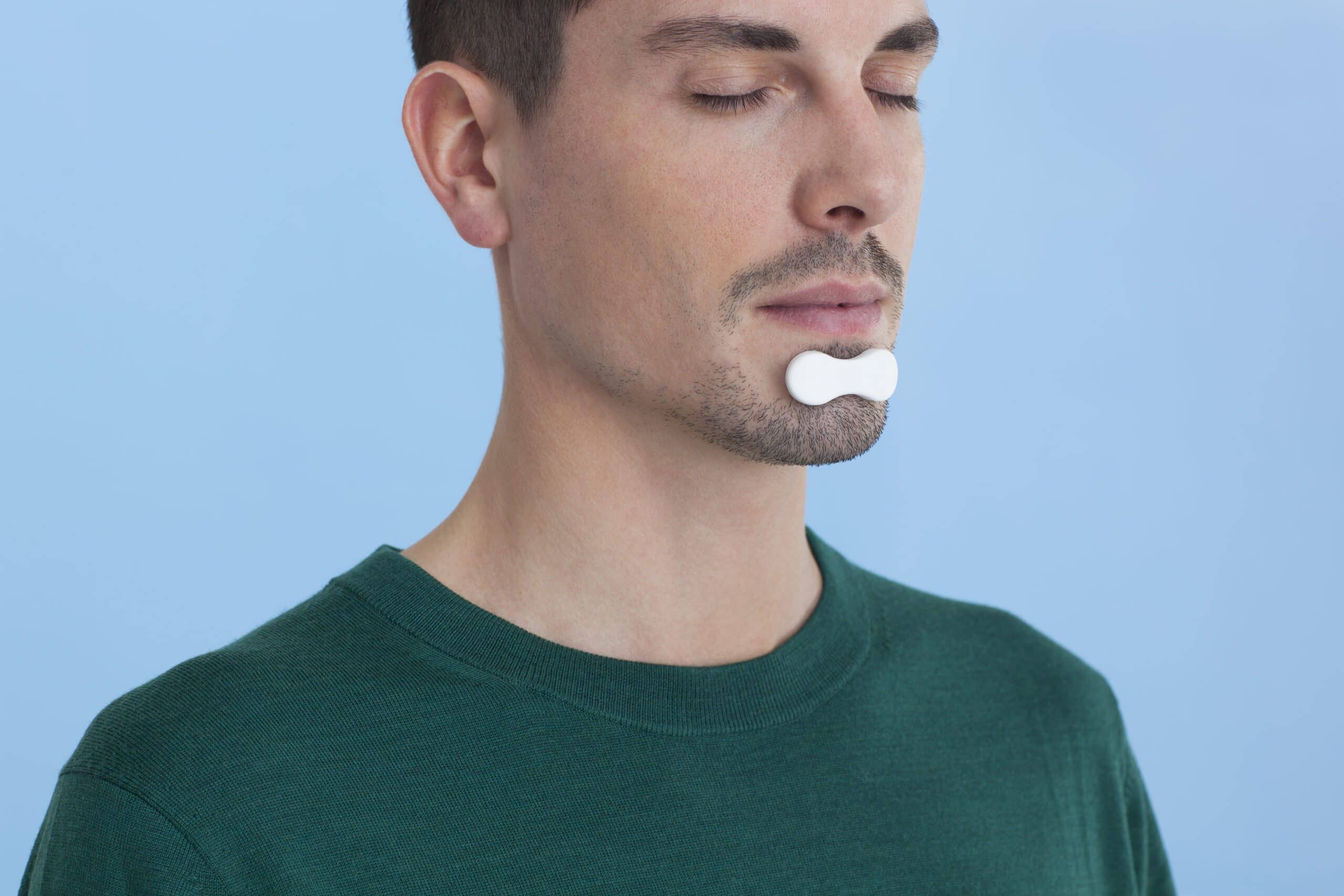Moms and dads are susceptible to stress over their youngsters obtaining either inadequate or way too much rest, however a brand-new research exposes that some youngsters are much more effective at combining details throughout rest, so they sleep much less often.
On the other hand others, typically those with less words as well as poorer cognitive abilities, require to sleep much more often. The research is released in JCPP Developments
The research study group, led by the College of East Anglia, states that decreasing snoozes for these youngsters will certainly not boost mind growth which they need to be enabled to snooze as often as well as for as lengthy as they require.
” There is a great deal of adult stress and anxiety around rest. Moms and dads stress that their children do not sleep as high as anticipated for their age– or snooze also often as well as for also long,” states lead scientist Teodora Gliga, PhD, in a launch. “However our research study reveals that just how often a kid snoozes mirrors their private cognitive demand. Some are much more effective at combining details throughout rest, so they sleep much less often. Kids with smaller sized vocabularies or a reduced rating in an action of exec feature snooze much more often.”
She includes the launch, “Kids will normally sleep for as lengthy as they require, as well as they need to be enabled to do simply that.”
The research study group researched 463 babies aged in between 8 months as well as 3 years throughout the COVID-19 lockdown in 2020.
Moms and dads were evaluated concerning their youngsters’s rest patterns, capacity to concentrate on a job, maintain details in their memory, as well as the variety of words they recognized as well as might claim.
They additionally asked moms and dads concerning their socio-economic condition– including their postal code, earnings, as well as education and learning– as well as concerning the quantity of display time as well as exterior tasks their youngster participated in.
” Lockdown offered us a possibility to examine youngsters’s innate rest requirements since when youngsters remain in child care they seldom snooze as high as they require to,” states Gliga in the launch. “Due to the fact that baby rooms were shut, it implied much less disruption to the youngsters’s all-natural rest patterns. None of the youngsters participating were going to childcare.”
According to Gliga, the research study group located the framework of daytime rest is a sign of cognitive growth. Babies with even more regular however much shorter snoozes than anticipated for their age had smaller sized vocabularies as well as even worse cognitive feature. The scientists additionally located that this unfavorable organization in between vocabulary as well as regularity of snoozes was more powerful in older youngsters.
” While most of moms and dads informed us that their youngster’s rest was untouched by lockdown, moms and dads from reduced socio-economic histories were most likely to report a getting worse in rest,” states Gliga in the launch. “Display time boosted throughout lockdown, as well as exterior tasks lowered. However these did not clarify distinctions in youngsters’s rest. Previous job recommended that caretakers need to motivate regular snoozes in preschool youngsters.”
The searchings for recommend that youngsters have various rest requirements. Some youngsters might go down snoozes previously since they do not require them any longer, while others might still require to sleep previous 3 years old.
” In the UK, day care centers signing up 3- to 5-year-olds have no stipulations for sleeping. Caretakers need to make use of a kid’s psychological age as well as not sequential age to establish a kid’s rest requirements,” she includes the launch.
Image 35748036|Child © Aviahuismanphotography|Dreamstime.com









































